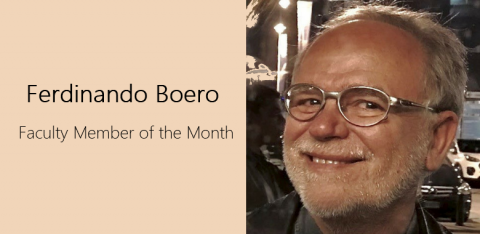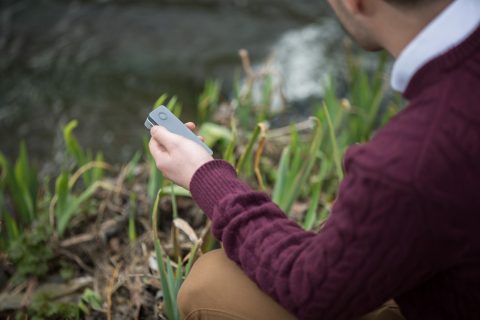Ferdinando Boero is May’s featured Faculty Member of the Month. He shares with us two of the most influential people for his research, Charles Darwin and Frank Zappa.
João Peres writes our first ‘F1000Workspace Release Notes’ post where we let you know what we’ve been working on and how we hope our new features will help you in your work.
A recent Opinion Article by Jan Voskuil, Aeonian Biotech, discussed the challenges in validation of research antibodies. It was openly peer reviewed by Michael Weller, Federal Institute for Materials Research and Testing (BAM), Germany. In this blog, both discuss these challenges, the reproducibility crisis and open data.
On Friday and Saturday this week, the 14th Médecins Sans Frontières (MSF) Scientific Days programme will kick off in London at the Royal Society of Medicine. These events are followed by a day in New Delhi, India on May 27th and in Blantyre, Malawi on June 22nd. Sarah Venis from MSF lets us know what we can expect at the London event
This week is Mental Health Awareness Week, and the Mental Health Foundation hopes to improve the wellbeing and mental health of Britain, after their survey revealed that the nation’s state of mental health is poor and appears to be deteriorating.
As the Foundation is investigating ways to prevent mental health and enhance society’s mental state, I thought I would investigate some of the research that has been recommended by our F1000Prime Faculty Members on the suggested influences and causes of mental illness, as well as possible treatments.
It is time to re-think how biomedical applications are built and adopt new strategies that ensure quality, efficiency, robustness, correctness and reusability of software components. Dr Luis Bastiao Silva explains how engaging end-users during the development process will help to ensure that software applications fit the needs of general clinicians and practitioners.
One of the latest findings in neuroscience made headline news, as a protein therapy could slow down the human’s brain ageing process and in the future could potentially be used as a preventative against neurological disorders such as Alzheimer’s. In recognition of this work, we are highlighting the top 3 recommended articles in the area of tissue rejuvenation in this month’s blog post as well as the usual top 3 articles for the month and Hidden Jewels.
Today marks the second and final day of London Calling 2017, a conference dedicated to the latest Nanopore genetic-sequencing technology, such as the portable MinION, and is known for its excitement. Hollydawn Murray, shares the focus for this year’s conference and summarises the technical and software updates for Nanopore technology.
The Preclinlical Reproducibility and Robustness channel facilitates the open and transparent publication and discussion of confirmatory and non-confirmatory studies in biomedical research. Alongside our open data and method policies, this space was developed as part of our continued efforts to implement publishing practices which promote reproducibility. Leonard Freedman, President of GBSI, discusses the Reproducibility2020 initiative and offers some welcome optimism.
On World Malaria Day, Dr. Audrey Odom John and April’s Faculty Member of the Month shares her eureka moment that stimulated her interest in research and is now keen to harness parasite-specific processes to develop new ways to diagnose or treat malaria.














